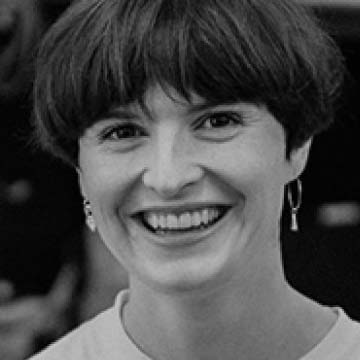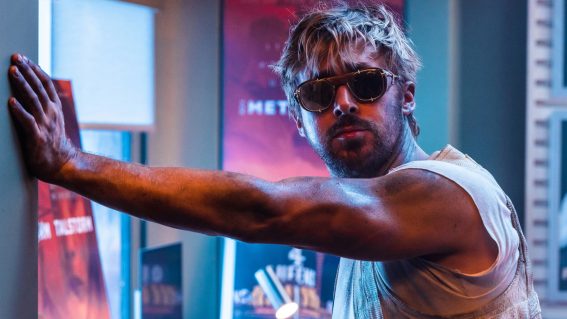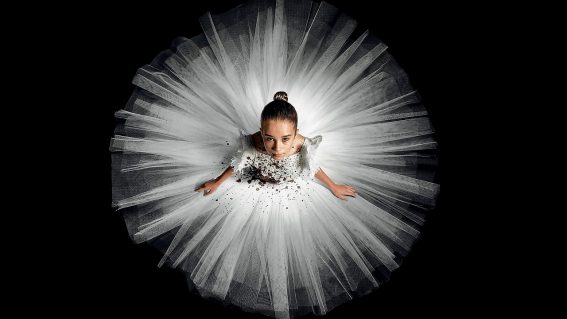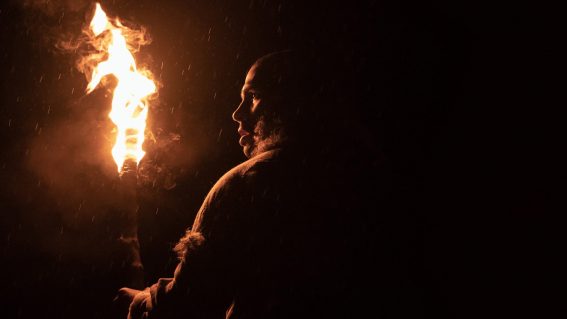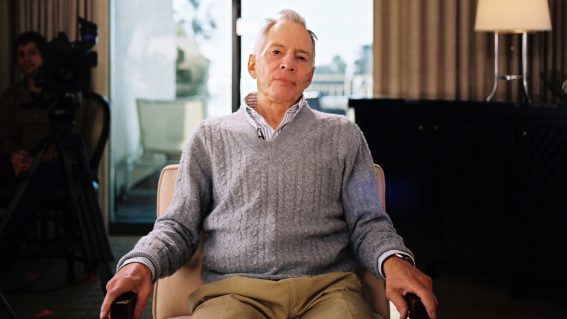Florence Pugh is the magnetic force at the heart of The Wonder
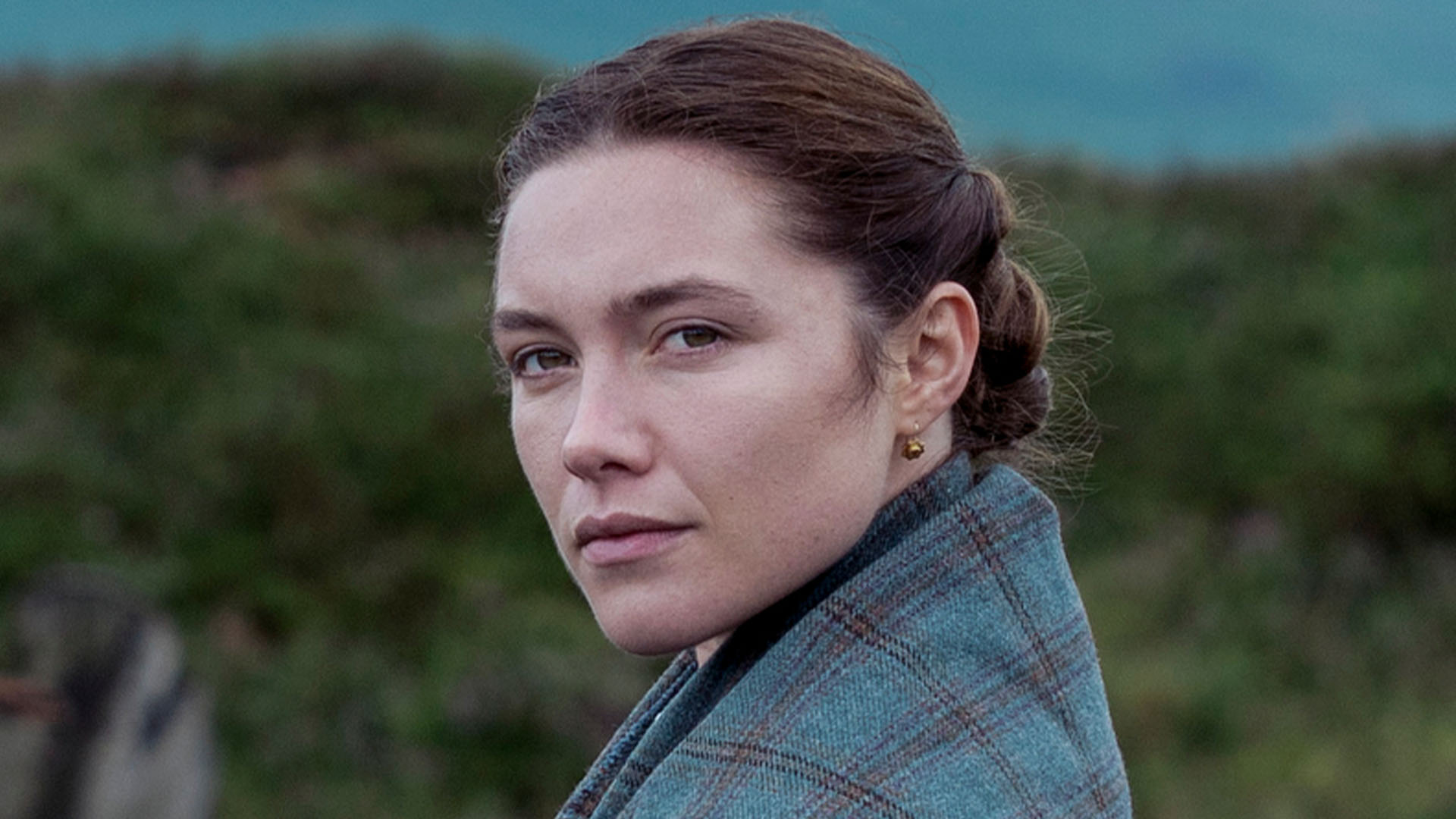
A British nurse is dispatched to rural Ireland in 1862 with an unusual task in The Wonder. Rachel Ashby is impressed by the urgency and gravitas of it performances, especially the powerful Pugh.
The Wonder, directed by Sebastián Lelio, is a mesmerising and deeply unsettling parable on faith, grief and British Imperialism. Set in 1862 against the shadow of the Great Famine, the film follows Lib Wright (Florence Pugh), a young English nurse who has been summoned to rural Ireland to keep watch over a young girl who appears to have not eaten for four months, surviving only on “manna from Heaven”.
Lib is tasked by a committee of local male leaders, including a priest, a doctor and a sceptical scientist, to objectively observe the apparently miraculous child Anna (Kíla Lord Cassidy). In shifts alternating with a nun, Lib must watch the girl and discern how she manages without food. Quickly it becomes apparent to both the viewer, and to Lib herself, that there is much vested in Anna’s miracle proving real.
Everyone is looking for a story to hold on to. Those with faith believe Anna to be the first Irish Saint since the Dark Ages, while those of science are hoping for the discovery of a new form of sustenance for the human body. A string of worshippers arrive at Anna’s house daily to pray with her, meanwhile Irish journalist William Byrne (Thomas Burke) has travelled from London to report on what he believes is a great hoax. As for Lib, she also arrives certain that Anna’s miracle is nothing more than a ruse, but that certainty is quickly shaken as the strangeness and isolation of watching the child bears down upon her own private grief.
Pugh’s performance as Lib is the magnetic force at the heart of the film’s success. She reveals Lib’s complexities in a slow but powerful burn, unfurling humour and warmth from beneath the sceptical and world-weary exterior of her character. Her scenes opposite Cassidy’s Anna have a dexterity and depth to them that coax out subtexts on imperialism and the notion of truth without ever feeling didactic.
Elsewhere, the meta-textual devices used to frame The Wonder as a story about stories, are less successful in avoiding didacticism. The opening shot is of the set in a film-lot, and the viewer is invited by a narrator to believe in the story they are about to watch. Throughout, there is a sporadic breaking of the fourth wall that feels unnecessary, and even distracting, given the urgency and gravitas of Pugh and Cassidy’s central performances. Perhaps these devices would have worked better had they not felt like too-obvious attempts to underline the thematic concerns of the piece.
Certainly, it is in its most ambiguous and mysterious moments that the film excels. As Lib’s role as a watcher becomes increasingly fraught, the morality of what she is being asked to do is placed at the centre of the narrative. Her beliefs, and those of the audience, are constantly being challenged, until her hand is ultimately forced into action. The score by Mathew Herbert services this tension well, with a sparse and brooding soundtrack that almost situates the story within the genre of horror.
While there is a little roughness around the edges, it can’t be denied that The Wonder is a compelling watch. It approaches broad and emotive questions with a slipperiness that ultimately makes up for the moments when form gets in the way of function. There is an ambitiousness to the production that makes it a film worth heading into the cinema for, before it hits Netflix.
